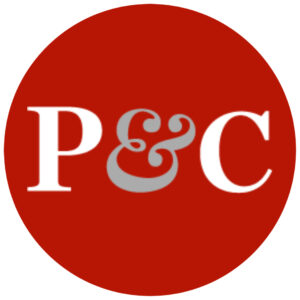The U.S. Department of the Treasury and the Federal Reserve Board announced Wells Fargo will pay $97.8 million for helping facilitate more than 100 financial transactions, violating U.S. sanctions against Iran, Syria, and Sudan.
The settlement includes a $30 million settlement with the Treasury’s Office of Foreign Assets Control (OFAC) and a Federal Reserve Board fine of $67.8 million for “unsafe or unsound practices” related to sanctions compliance and oversight.
According to Treasury and the Federal Reserve Board, a subsidiary of Wells Fargo and its predecessor, Wachovia Bank, provided a European bank with financial software, called Eximbills, that was used to process 124 transactions with blacklisted entities between 2010 and 2015. The transactions totaled about $532 million.
According to OFAC, while Wachovia ensured the noncompliant transactions were hosted by the European bank and not hosted by Wachovia, the transactions still relied on Wachovia’s technology and did so until December 2015.
OFAC said in a news release, “Wachovia, at the direction of a mid-level manager, customized a trade insourcing software platform for general use by the European bank that Wachovia knew or should have known would involve engaging in trade-finance transactions with sanctioned jurisdictions and persons.” Wells Fargo continued to provide the software platform to the European bank after it acquired Wachovia in 2008.
According to the Treasury settlement, there is no evidence that Wells Fargo managers knew that the software was being used to move funds through sanctioned countries, but a member of Well Fargo’s legal team raised concerns and recognized “potential parallels” to the violations in ING Bank’s massive $619 settlement in 2012. In that case, according to the Department of Justice, ING Bank violated U.S. and New York state laws by moving more than $2 billion illegally through the U.S. financial system—via more than 20,000 transactions—on behalf of Cuban and Iranian entities, violating U.S. economic sanctions.
The settlement with Wells Fargo follows the ING Bank settlement and multiple others. In September 2014, for example, the Commodity Futures Trading Commission (CFTC) ordered Zulutrade Inc. to pay a $150,000 penalty and disgorge profits of $80,000 to settle charges the CFTC-registered broker failed to effectively screen for potential accountholders from OFAC-sanctioned countries.
Along with its $30 million payment to the Treasury and fine of $67.8 million paid to the Federal Reserve Board, Wells Fargo also committed to strengthening its compliance program and conducting risk assessments, trainings and audits.
The U.S. has several whistleblower programs for reporting the evasion of U.S. economic sanctions. The Anti-Money Laundering (AML) Law allows whistleblowers to submit information about money laundering to the Treasury Department anonymously if it is done through an attorney. Whistleblowers can receive an award if the enforcement action’s monetary sanctions (penalties, disgorgement and interest) exceed $1 million based on the whistleblower’s information.
In addition, the CFTC’s settlement with Zulutrade illustrates that violations of U.S. sanctions laws may also lead to violations of U.S. securities laws and the Commodity Exchange Act. The Securities Exchange Commission (SEC) and the CFTC both have whistleblower programs. Whistleblowers can receive an award if they submit original information that results in more than $1 million in monetary sanctions collected as a result of the information.
If you are aware of money laundering or evasion of U.S. sanctions and are considering becoming a whistleblower, contact Phillips & Cohen for a free, confidential review of your matter by experienced and successful financial whistleblower attorneys.

